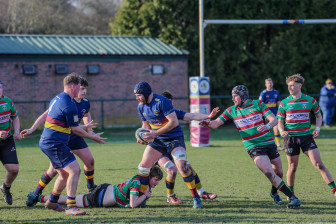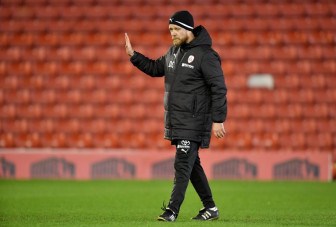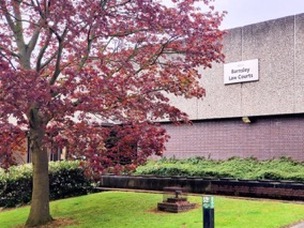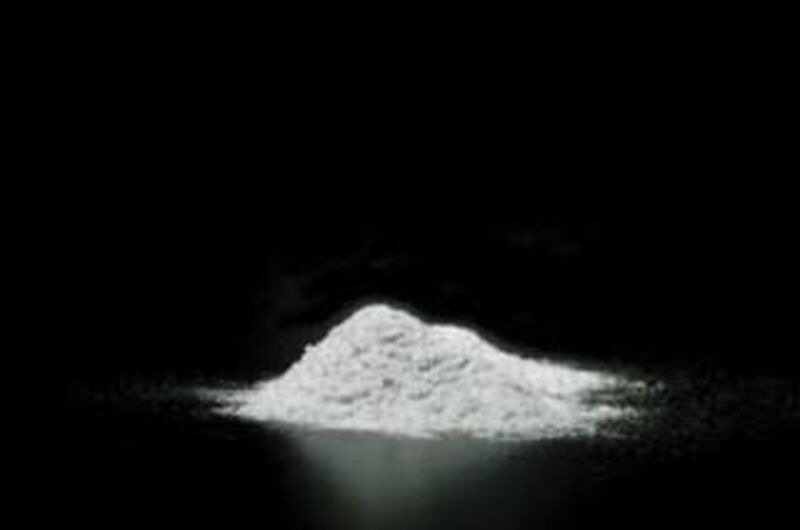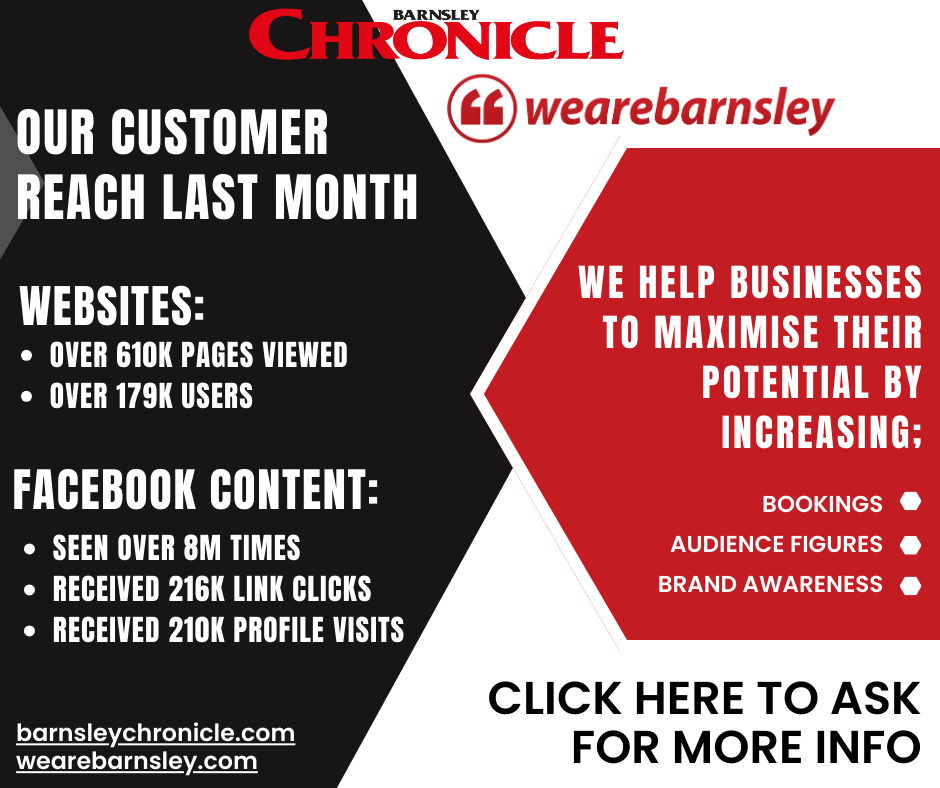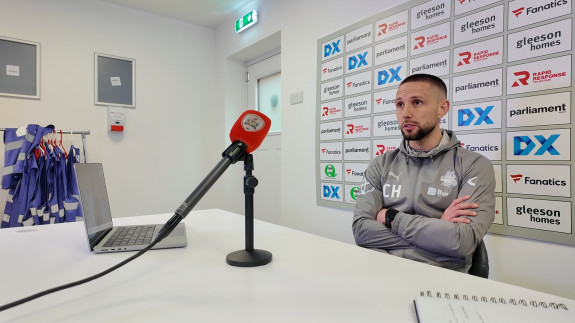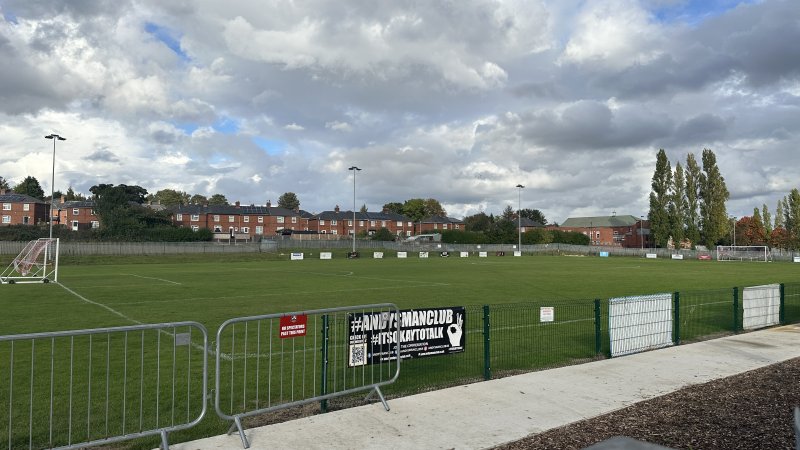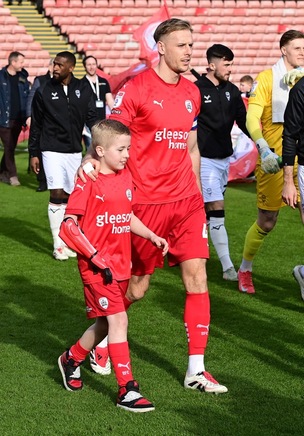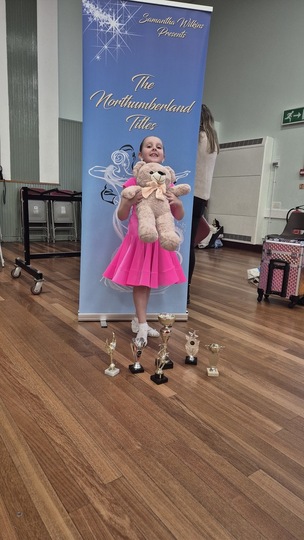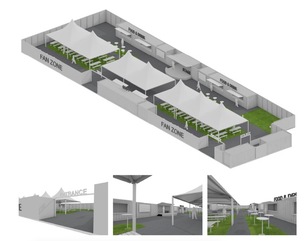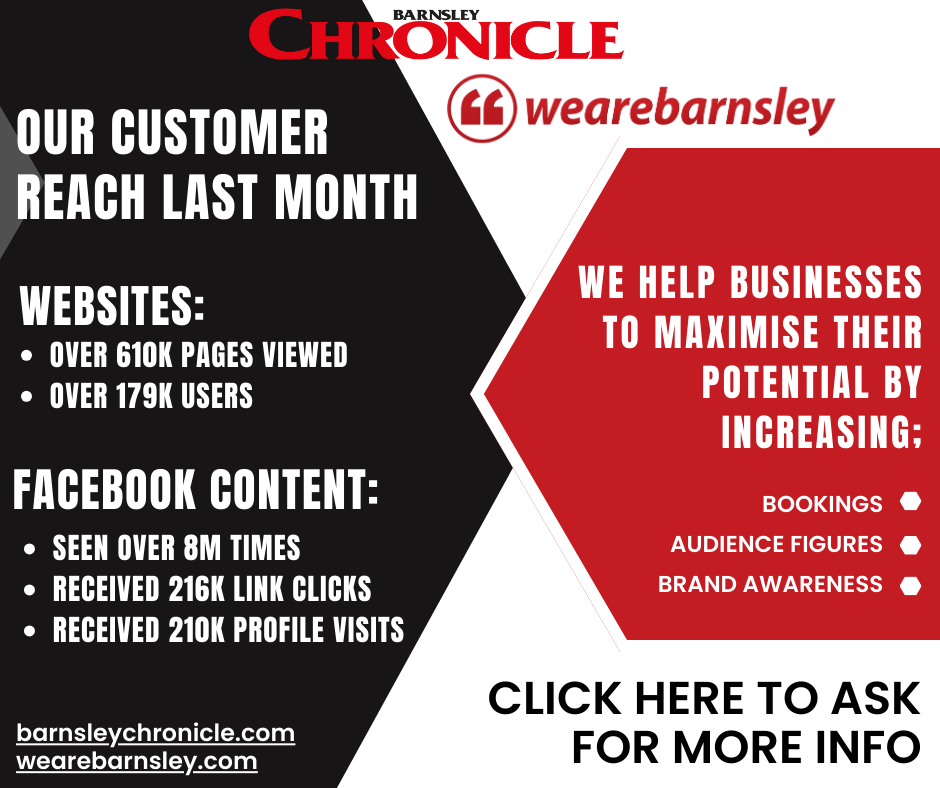MORE than 1,300 children in Barnsley are living with an adult who has an opiate dependency - and the figure has been on the rise since 2016.
Next week, councillors will discuss the work that is taking place to prevent and reduce the harms caused by drug use to individuals, families and the community.
The latest figures show that there are an estimated 2,199 people in Barnsley who use opiates or crack cocaine.
This equates to a rate of 14.2 people per thousand of the Barnsley population aged between 15 and 64.
The figures also show that there are a total of 1,324 children in Barnsley who live with an adult with an opiate dependency.
A report states: “Drug use is associated with a wide range of health and social harms for the individual, their family and the community.
“It is both a cause and a consequence of wider issues, including poor physical and mental health, difficulties securing and sustaining employment, housing and crime.
“All these issues may also have an impact on family life and the children living within a family unit.
“There is a growing awareness of the considerable overlap of populations that experience severe and multiple disadvantages, such as alcohol and drug use, homelessness, poor mental health and domestic abuse.
“Individuals experiencing multiple disadvantages can also be disproportionately affected due to their drug and alcohol use and the stigma associated with it.”
The number of children being assessed by the council, where parental drug misuse concerns have been identified, has risen year-on-year.
In 2019 a total of 226 children were assessed, this rose to 264 in 2020 and then 363 in 2021.
“There is an increase in the number of both adults and young people who are presenting to services with multiple and complex needs, such as substance use, mental and physical health problems, homelessness and other social needs,” the report added.
“There is also a perception by some professionals that drug and alcohol use is a lifestyle choice which presents barriers to providing holistic wraparound support and joint working in some areas.
“Key pieces of work are currently underway to facilitate better collaborative working across services.”
Council bosses have been working hard to reverse the trend - with a number of schemes on offer to support local people.
The report added: “The Recovery Hub at the McLintock’s Building includes a recovery cafe that offers free hot and cold drinks and a weekly breakfast club which serves a full English breakfast, a regular Friday social event, which includes a social activity, such as games and quizzes, with lunch provided.
“People who use drugs and alcohol who are street homeless are encouraged to attend the cafe to help engage those not in treatment or may be at risk of disengaging.
“The Hub also hosts mutual aid support groups including AA (Alcoholics Anonymous), a Polish AA group, NA (Narcotics Anonymous), CA (Cocaine Anonymous), a weekly ketamine support group and SMART (Self-Management and Recovery Training) groups, some of which take place in the evening and at the weekend when other support options are limited.”




